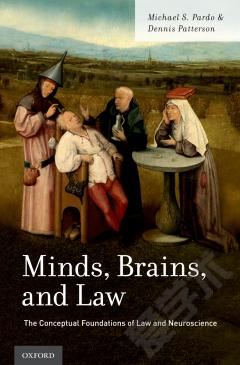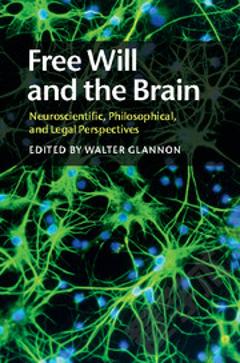Minds, Brains, and Law —— The Conceptual Foundations of Law and Neuroscience
----- 思维、大脑与法律:法律与神经科学中的基础概念
Preface Introduction Chapter One: Philosophical Issues I. The Conceptual and the Empirical II. Criterial and Inductive Evidence III. Unconscious Rule Following IV. Interpretation V. Knowledge VI. The Mereological Fallacy Chapter Two: The Concept of Mind I. Neuro-Reductionism II. Eliminative Materialism and the "Theory" of Folk Psychology III. Two Examples of Neuro-Reductionism and Its Implications for Law IV. Conceptions of Mind and the Role of Neuroscience in Law Chapter Three: Neuroscience and Legal Theory: Jurisprudence, Morality, and Economics I. Jurisprudence II. Emotion and Moral Judgments III. Mind, Moral Grammar, and Knowledge IV. Neuroeconomics Chapter Four: Brain-Based Lie Detection I. fMRI Lie Detection II. EEG Lie Detection ("Brain Fingerprinting") III. Analysis: Empirical, Conceptual, and Practical Issues Chapter Five: Criminal Law Doctrine I. Actus reus II. Mens rea III. Insanity Chapter Six: Criminal Procedure I. Fourth Amendment II. Fifth Amendment III. Due Process Chapter Seven: Theories of Criminal Punishment I. A Brief Taxonomy of Theories of Criminal Punishment II. The First Challenge: Brains and Punishment Decisions III. The Second Challenge: Neuroscience and Intuitions about Punishment Conclusion Bibliography
{{comment.content}}








 京公网安备 11010802027623号
京公网安备 11010802027623号